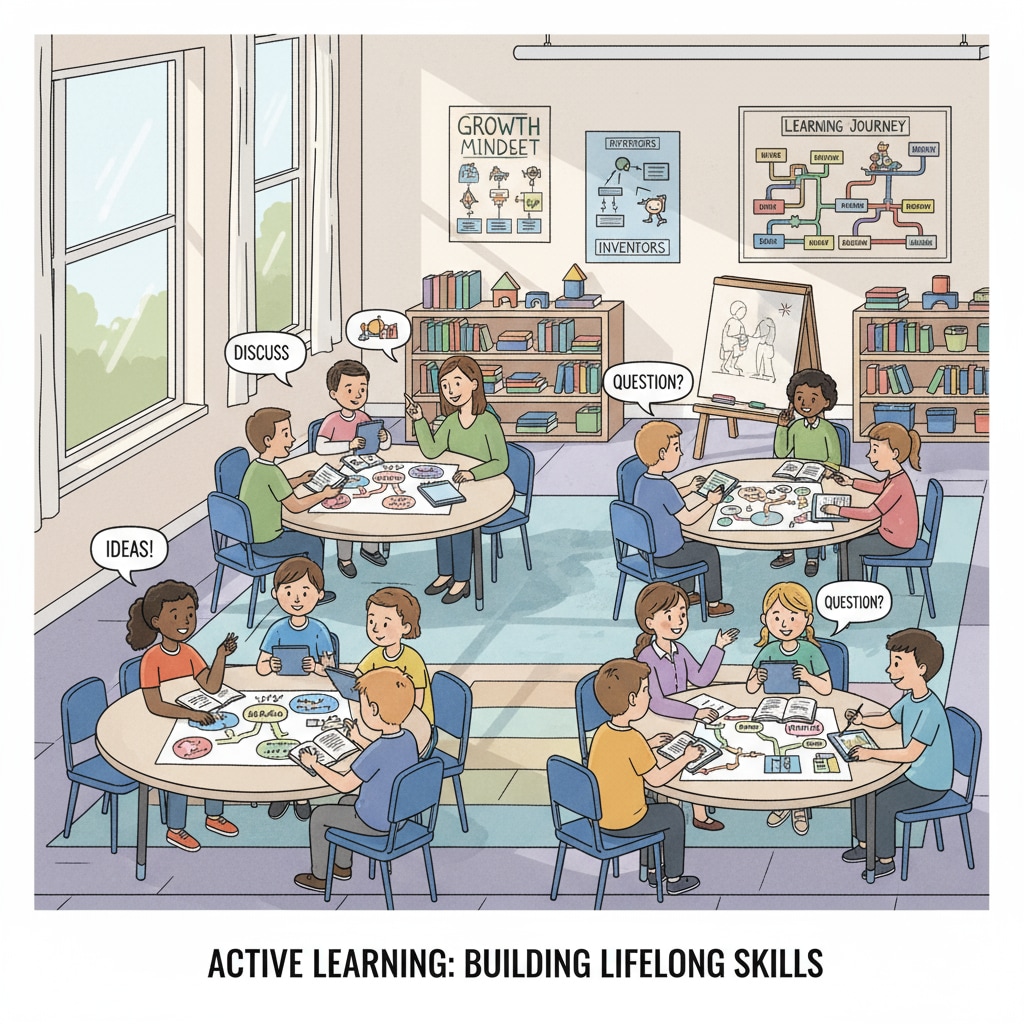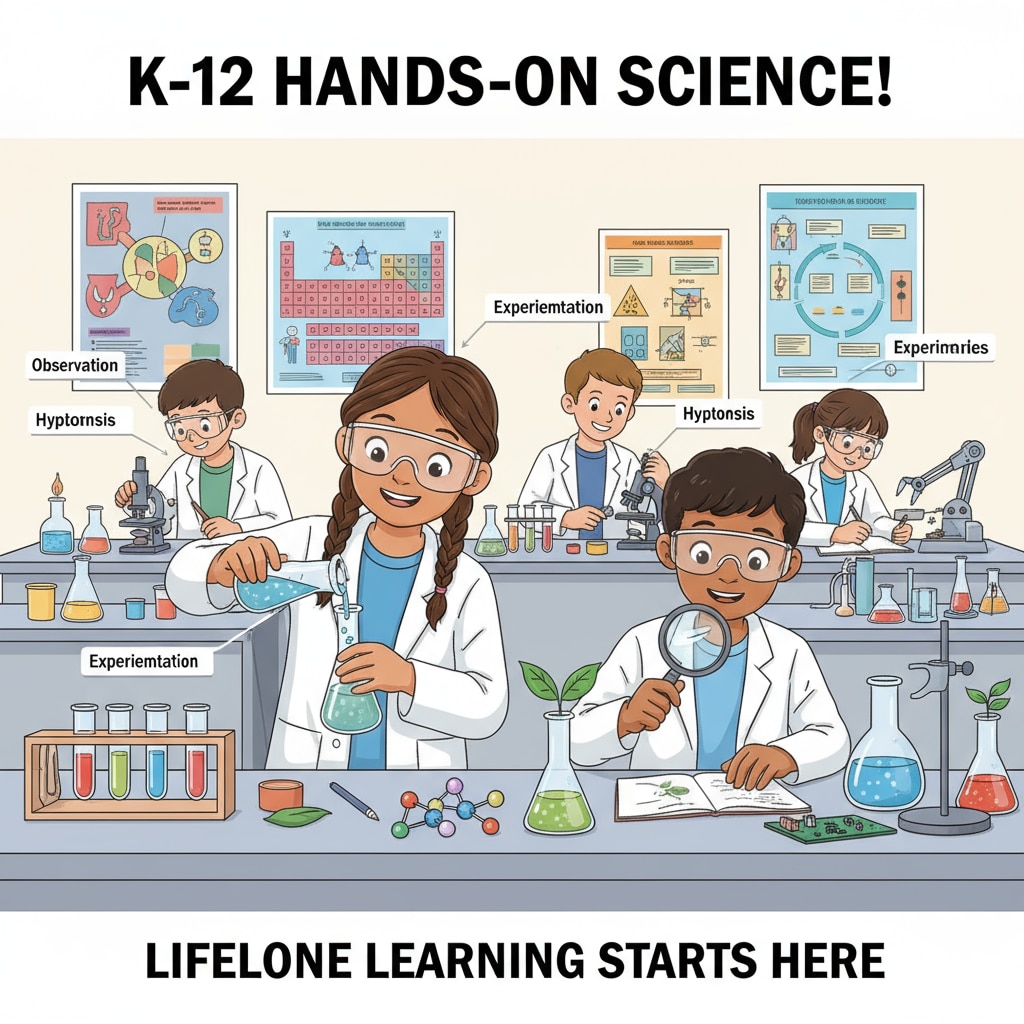Education, lifelong learning, and success are intertwined concepts that play a pivotal role in an individual’s development. In the realm of K12 education, the seeds of lifelong learning are sown, which can ultimately lead to greater success in the future.

True education is not merely about stuffing students’ minds with facts and figures but rather about igniting their passion for learning and equipping them with the tools to continue learning throughout their lives.
The Foundation of Lifelong Learning in K12
K12 education serves as the cornerstone for lifelong learning. During these formative years, students are exposed to a wide range of subjects and teaching methods. For example, a well-rounded curriculum that includes not only core academic subjects like math and science but also art, music, and physical education can spark different interests in students. According to The U.S. Department of Education, a diverse educational experience helps students develop a broader perspective and a curiosity for learning. This curiosity is the first step towards lifelong learning.

Nurturing a Growth Mindset
A growth mindset is essential for lifelong learning and success. Students with a growth mindset believe that their abilities can be developed through effort and learning. In K12 classrooms, teachers can encourage this mindset by emphasizing the process of learning rather than just the outcome. For instance, when a student makes a mistake, instead of criticizing, teachers can use it as an opportunity to teach and show how mistakes are a part of the learning journey. As stated by The American Psychological Association, a growth mindset enables students to persevere in the face of challenges and continuously strive for improvement.
Moreover, providing students with opportunities for self-directed learning is crucial. This could involve independent projects, research assignments, or even choosing their own learning paths within a given curriculum. By taking ownership of their learning, students develop the skills and confidence needed for lifelong learning.
In conclusion, the K12 education phase is a critical period for instilling the values of lifelong learning. By focusing on building a strong foundation, nurturing a growth mindset, and promoting self-directed learning, educators can help students develop the qualities needed for future success. Education, lifelong learning, and success are indeed inseparable, and by investing in the right educational practices during K12, we are setting students on a path to a fulfilling and successful life.
Readability guidance: Using short paragraphs and lists helps summarize key points. Each H2 section provides a clear focus. Keeping passive voice and long sentences to a minimum, and integrating transition words like ‘for example’ and ‘moreover’ throughout the text, makes the reading smooth and engaging.


